To provide the best experiences, we use technologies like cookies to store and/or access device information. Consenting to these technologies will allow us to process data such as browsing behaviour or unique IDs on this site. Not consenting or withdrawing consent, may adversely affect certain features and functions.
The technical storage or access is strictly necessary for the legitimate purpose of enabling the use of a specific service explicitly requested by the subscriber or user, or for the sole purpose of carrying out the transmission of a communication over an electronic communications network.
The technical storage or access is necessary for the legitimate purpose of storing preferences that are not requested by the subscriber or user.
The technical storage or access that is used exclusively for statistical purposes.
The technical storage or access that is used exclusively for anonymous statistical purposes. Without a subpoena, voluntary compliance on the part of your Internet Service Provider, or additional records from a third party, information stored or retrieved for this purpose alone cannot usually be used to identify you.
The technical storage or access is required to create user profiles to send advertising, or to track the user on a website or across several websites for similar marketing purposes.
 Employees who are able to split their working time between home and a formal workplace are 40 percent less likely to experience mental health difficulties, new research has shown. Wellbeing charity stem4 surveyed 1038 working parents and carers across the UK to mark Parent Mental Health Day (27th January). It suggests that four in ten overall (39 percent) were experiencing problems – most commonly stress (62 percent), depression (54 percent) and anxiety (50 percent). (more…)
Employees who are able to split their working time between home and a formal workplace are 40 percent less likely to experience mental health difficulties, new research has shown. Wellbeing charity stem4 surveyed 1038 working parents and carers across the UK to mark Parent Mental Health Day (27th January). It suggests that four in ten overall (39 percent) were experiencing problems – most commonly stress (62 percent), depression (54 percent) and anxiety (50 percent). (more…)





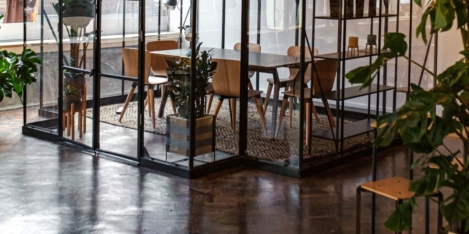
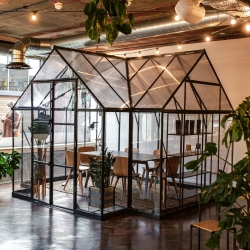 Access to workplace counsellors, mental health training and support groups are topping the charts on what workers want on their return to the office, according to new research by
Access to workplace counsellors, mental health training and support groups are topping the charts on what workers want on their return to the office, according to new research by 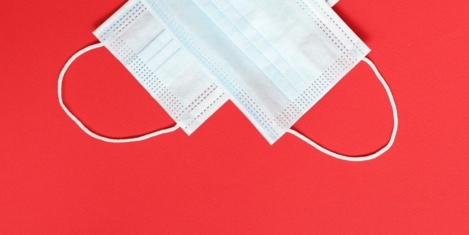
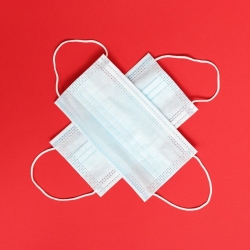
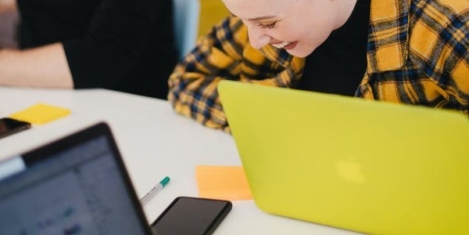
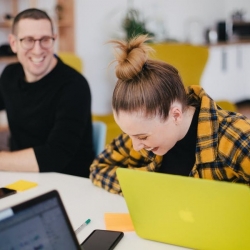 A new study conducted by
A new study conducted by 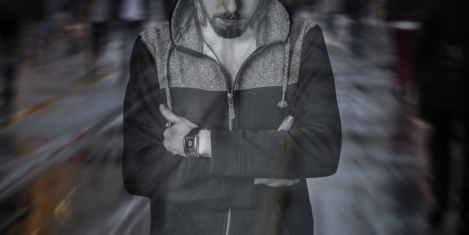
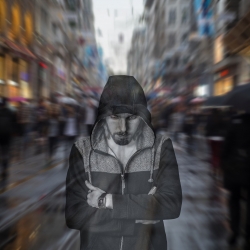

 As April is
As April is 
 Many of us are looking forward to a summer of relative freedom, with road-mapped milestones that will grant us more opportunities to see our friends and family. But we’ll be carrying the effects of months of isolation into those meetings, including a sense that our social skills will need dusting off, and our wits will need sharpening. The mental effects of lockdown have been profound. Social isolation has been shown to cause people’s
Many of us are looking forward to a summer of relative freedom, with road-mapped milestones that will grant us more opportunities to see our friends and family. But we’ll be carrying the effects of months of isolation into those meetings, including a sense that our social skills will need dusting off, and our wits will need sharpening. The mental effects of lockdown have been profound. Social isolation has been shown to cause people’s 
 During the pandemic, 1 in 4 (25 percent) employees say they’ve had no wellbeing check-ins from their workplace. The research from
During the pandemic, 1 in 4 (25 percent) employees say they’ve had no wellbeing check-ins from their workplace. The research from 
 Originally published in December 2014. Homeworking seems to have become a bit of a hot topic this year, but one sentence published on the
Originally published in December 2014. Homeworking seems to have become a bit of a hot topic this year, but one sentence published on the 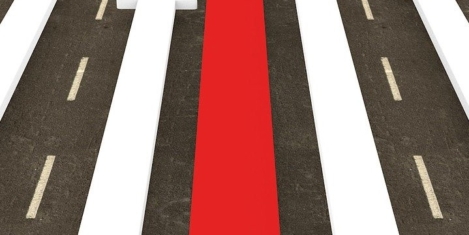
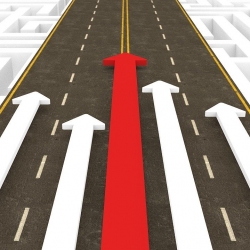 How good your line manager is makes the difference between an employee coping or struggling in lockdown. But too often line managers’ heroic efforts are not noticed by their employers, claims new report, titled
How good your line manager is makes the difference between an employee coping or struggling in lockdown. But too often line managers’ heroic efforts are not noticed by their employers, claims new report, titled 
 When the COVID-19 crisis hit the UK in March 2020, many commented that the virus didn’t discriminate and that its impact would be felt equally by everyone. However, as highlighted in Nuffield Health’s
When the COVID-19 crisis hit the UK in March 2020, many commented that the virus didn’t discriminate and that its impact would be felt equally by everyone. However, as highlighted in Nuffield Health’s 







April 26, 2021
What are the limits of an employer’s duty of care to employees?
by Helen Jamieson • Comment, Wellbeing